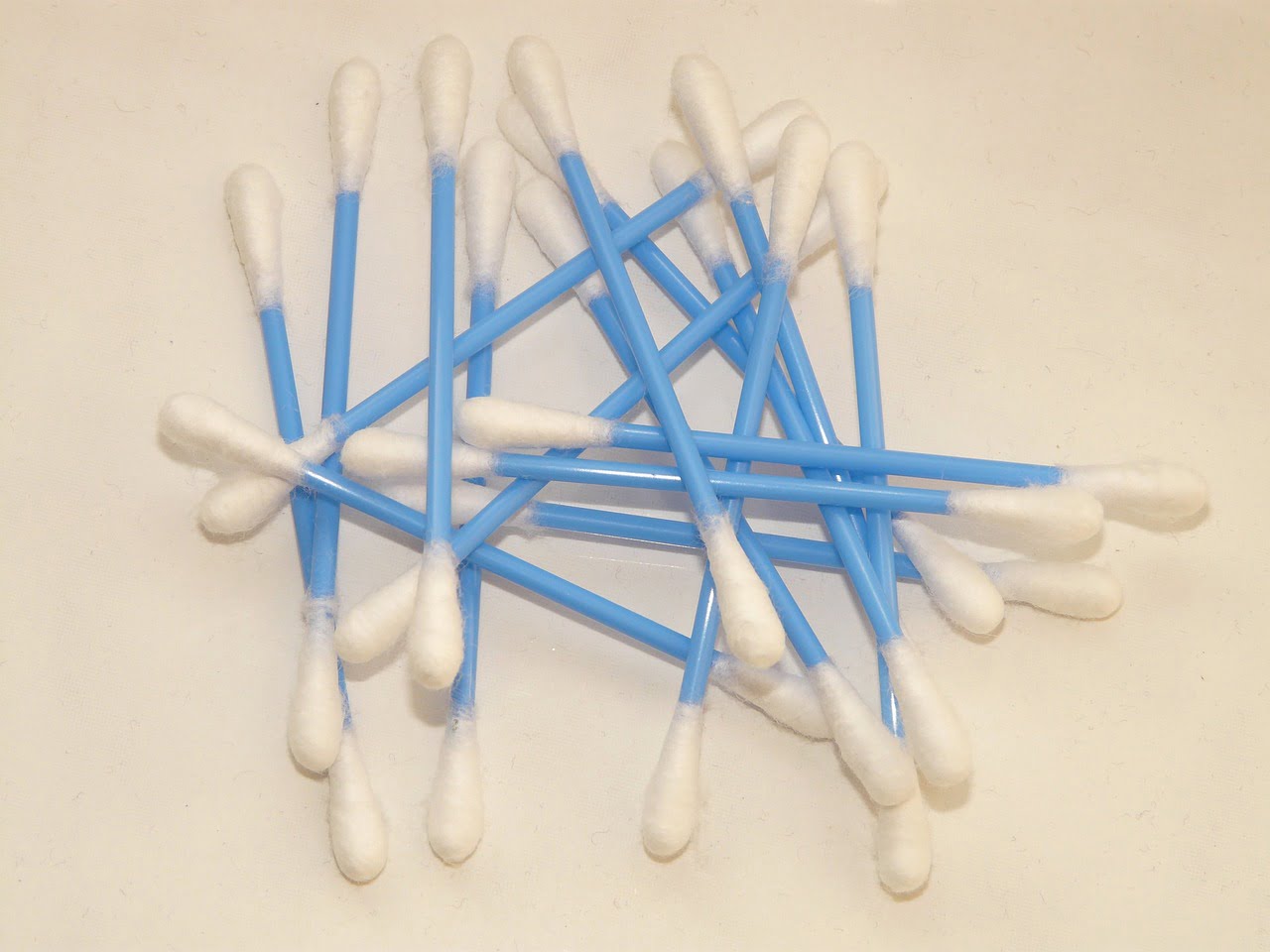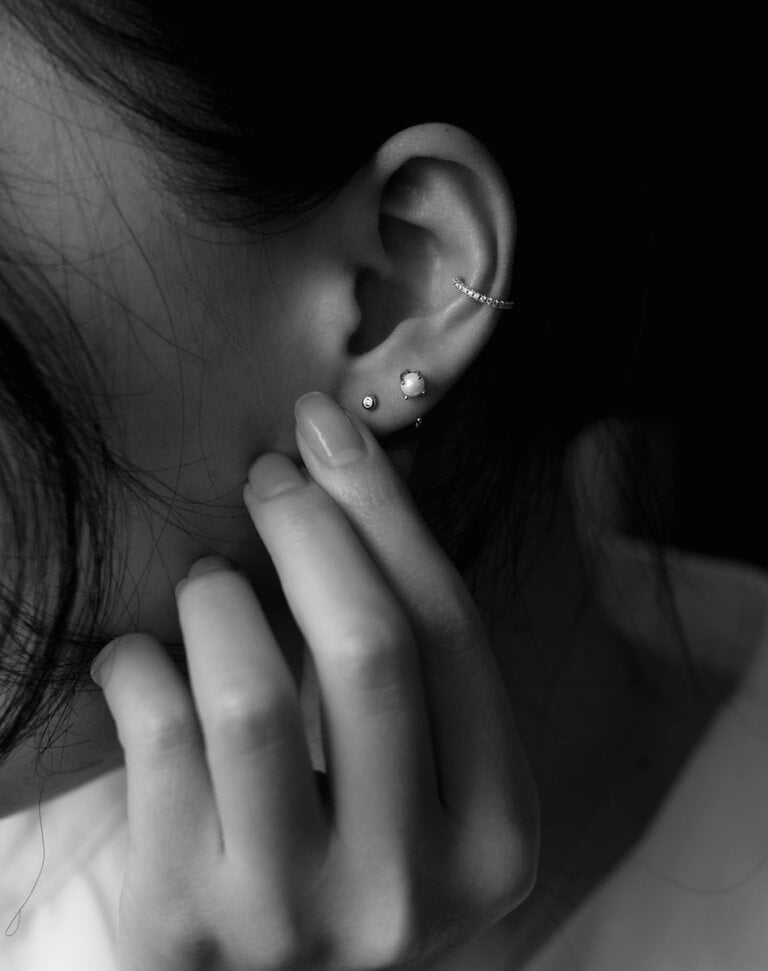Ear Infection Defense: Simple and Effective Prevention Strategies
Last Updated on 25th April 2024 by Admin
Ear infections are a common and unpleasant health issue that can affect both children and adults. They can cause discomfort, pain, and even temporary hearing loss if left untreated. Fortunately, there are several simple and effective prevention strategies that can help minimize the risk of developing ear infections. By following these strategies, you can improve your ear health and reduce the chances of experiencing this troublesome condition.
Maintain Good Hygiene Practices
Maintaining good hygiene practices is crucial for preventing ear infections. Here are some tips to keep your ears clean and healthy:
-
Keep your ears clean: Regularly clean your outer ears with a soft washcloth. This helps remove dirt, sweat, and excess wax. However, it’s important to avoid using cotton swabs or any other objects that can push wax deeper into the ear canal. Doing so can potentially cause blockages and increase the risk of infection.
-
Dry your ears properly: After swimming, bathing, or showering, make sure to gently dry your ears with a towel. Tilt your head to each side to allow any trapped water to drain out naturally. Moisture in the ear can create a breeding ground for bacteria and increase the likelihood of infection.
-
Avoid excessive earwax removal: While it’s important to keep your ears clean, excessive removal of earwax can disrupt the natural protective barrier of the ear canal. This, in turn, can make your ears more susceptible to infections. If you have concerns about excessive earwax, consult a healthcare professional for guidance on safe removal methods.
Boost Your Immune System
Maintaining a strong immune system is essential for preventing various infections, including ear infections. Here are some ways to boost your immune system:
-
Maintain a healthy diet: A well-balanced diet rich in vitamins and minerals is crucial for a strong immune system. Include plenty of fruits, vegetables, whole grains, lean proteins, and healthy fats in your daily meals. These nutrients can help your body fight off infections, including ear infections.
-
Stay hydrated: Drinking an adequate amount of water throughout the day helps keep your body hydrated and supports your immune system. Aim for at least eight glasses of water per day or more if you engage in physical activities or live in a hot climate. Staying hydrated helps flush out toxins and promotes overall health.
-
Get enough sleep: Adequate sleep is crucial for a healthy immune system. Aim for seven to nine hours of quality sleep each night to allow your body to repair and rejuvenate itself. Lack of sleep can weaken your immune system and make you more susceptible to infections, including ear infections. Establishing a consistent sleep routine and creating a conducive sleep environment can help improve the quality of your sleep.
Practice Good Ear Care Habits
In addition to maintaining good hygiene practices and boosting your immune system, practicing good ear care habits can further reduce the risk of developing ear infections. Here are some habits you can adopt:
-
Avoid smoking and exposure to secondhand smoke: Smoking and exposure to secondhand smoke can irritate the lining of the nose and throat, leading to an increased risk of ear infections. If you are a smoker, consider quitting, and try to minimize your exposure to secondhand smoke. This will not only benefit your ear health but also improve your overall well-being.
-
Stay away from allergens: Allergies can contribute to ear infections. If you have known allergies, take steps to manage them effectively. This may include avoiding allergens that trigger your allergies, taking appropriate medications as prescribed by your healthcare provider, and seeking medical advice when needed. Managing your allergies can help reduce the chances of developing related ear infections.
-
Use ear protection: If you work in a noisy environment or frequently participate in activities with loud sounds, such as concerts or motorcycling, always wear adequate ear protection. Prolonged exposure to loud noises can damage your hearing and increase the risk of developing ear infections. Consider using earmuffs or earplugs specifically designed to attenuate noise and protect your ears.
Be Mindful of Personal Habits
In addition to following good hygiene practices, boosting your immune system, and practicing good ear care habits, being mindful of personal habits can further prevent ear infections. Consider the following:
-
Avoid sharing personal items: Sharing personal items such as earphones, headphones, or earbuds can transfer bacteria or viruses from one person to another, increasing the risk of ear infections. Be mindful of personal hygiene and avoid sharing these items whenever possible. If sharing is unavoidable, consider cleaning and disinfecting the items before use.
-
Keep an eye on your swimming habits: Swimming in contaminated water can introduce bacteria into your ears and potentially lead to infections. If you enjoy swimming, make sure to choose clean and well-maintained pools. Additionally, consider using earplugs specifically designed for swimming to create a barrier against bacteria and water. These earplugs can help prevent water from entering your ears, reducing the risk of infection.
-
Routine check-ups: Regularly visiting your healthcare provider for routine check-ups is essential for maintaining good ear health. During these visits, discuss any concerns you may have about your ear health with your healthcare provider. They can provide professional advice, conduct necessary examinations, and recommend appropriate preventive measures based on your individual needs. Regular check-ups can help identify any potential issues early on and prevent complications.
By following these simple and effective prevention strategies, you can significantly reduce the risk of developing ear infections. Remember, prevention is always better than cure. Prioritize your ear health, maintain good hygiene practices, and adopt a healthy lifestyle to keep your ears in optimal condition. If you experience persistent ear pain, discharge, or hearing difficulties, seek medical attention promptly to prevent any complications. Stay proactive and enjoy a life free from the discomfort of ear infections.
Note: The content provided above is in markdown format for the given title.
FAQ
Q: How can I keep my ears clean and healthy?
A: Regularly clean your outer ears with a soft washcloth and avoid using cotton swabs or any other objects that can push wax deeper into the ear canal. Dry your ears properly after swimming, bathing, or showering to prevent moisture buildup.
Q: How can I boost my immune system to prevent ear infections?
A: Maintain a healthy diet rich in vitamins and minerals, stay hydrated by drinking enough water throughout the day, and get enough quality sleep. These practices can help strengthen your immune system and fight off infections.
Q: What are some good ear care habits to prevent ear infections?
A: Avoid smoking and exposure to secondhand smoke, manage allergies effectively, and use adequate ear protection in noisy environments or during activities with loud sounds. These habits can reduce the risk of developing ear infections.
Q: What personal habits should I be mindful of to prevent ear infections?
A: Avoid sharing personal items such as earphones or earbuds to prevent the transfer of bacteria or viruses. Choose clean and well-maintained pools for swimming and consider using earplugs designed for swimming. Regularly visit your healthcare provider for routine check-ups to maintain good ear health.







